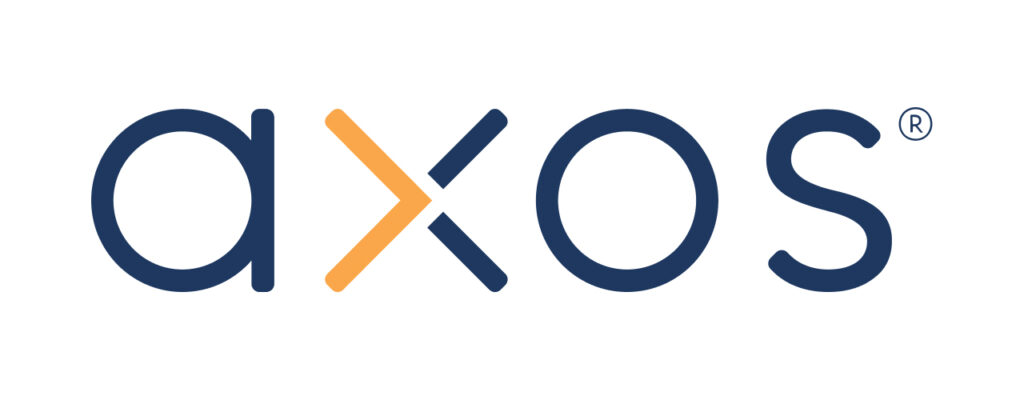Most products on this page are from partners who may compensate us. This may influence which products we write about and where and how they appear on the page. However, opinions expressed here are the author's alone, not those of any bank, credit card issuer, airline or hotel chain. Non-Monetized. The information related to Chase credit cards was collected by Slickdeals and has not been reviewed or provided by the issuer of these products. Product details may vary. Please see issuer website for current information. Slickdeals does not receive commission for these products/cards.
It doesn’t matter whether you’re a new couple or you’ve been with your partner for decades, saving money together can often be a challenge. Sticking to a budget can be hard enough as an individual. When you add another person to the mix, even someone you love, managing money and meeting financial goals often becomes more complicated.
Money is a major source of stress for couples in the United States, according to the
1. Identify Shared Financial Goals
Saving money typically requires sacrifices—saying no to purchases you’d like to make now in order to make more important financial priorties possible in the future. But, of course, sacrifice isn’t always fun. That’s why it’s important to start out your savings journey together by writing down your shared financial goals. (Think, keep your eyes on the prize.)
Some examples of shared savings goals might include:
Emergency Fund - Retirement Savings
- Education Savings
- Adoption
- Fertility Treatments
Downpayment for a Home- Travel Fund
- Freedom from Debt
- Start a Business
Once you identify the reasons you and your partner are working together to save money, it should provide you with more motivation for the next steps in your financial journey.
 Related Article
Related Article
Should You Use Savings to Pay Off Debt?
2. Create a Joint Budget
After you decide why you want to save money as a couple (aka your financial goals), it’s time to create a plan for how to use the money you earn. In other words, you need a joint budget.
The goal of a budget isn’t to deprive you of the joys in life. Rather, it’s a way to ensure you can afford the financial priorities that matter most to you and your partner.
There are several ways to approach budgeting as a couple, and none of them are “right” or “wrong.” Instead, it’s important to find the right balance for you and your partner.
Some couples prefer to maintain separate bank accounts and divy up household bills—either down the middle or according to the amount of income each partner earns. Other couples may opt for a hybrid approach, keeping their individual bank accounts but also open a
Whichever way you choose to budget as a couple, it’s important that both partners are comfortable with the plan. You can also use a
3. Choose the Right Savings Tool
Another tip that could make it easier to tuck away extra cash with a partner is to choose the right account to match your savings goals. For short term savings goals like a travel fund, holiday savings, or other cash you might need to access sooner rather than later, a
Recommended High-Yield Savings Accounts
| Bank Account | APY | Minimum Deposit | Learn More |
|---|---|---|---|
|
| 3.75%
*Annual Percentage Yield (APY) is variable and is accurate as of 01/06/2025. Rate is subject to certain terms and conditions. You must deposit at least $5,000 to open your account and maintain $25 to earn the disclosed APY. Rate and APY may change at any time. Fees may reduce earnings. | $5,000 | Open Account |
|
| Up to 4.21%
Earn up to 4.21% APY* on savings, and 0.51%* APY on checking when you meet requirements. *Note - A customer with $1,000,000 would earn 4.21% APY on their first $499,999.99 and 4.01% APY on the rest of their balance for a blended rate of 4.11% APY. | N/A | Open Account |
|
Member FDIC | 0.50% - 3.30%
SoFi members with Eligible Direct Deposit can earn 3.30% annual percentage yield (APY) on savings balances (including Vaults) and 0.50% APY on checking balances. There is no minimum Eligible Direct Deposit amount required to qualify for the 3.30% APY for savings (including Vaults). Members without Eligible Direct Deposit will earn 1.00% APY on savings balances (including Vaults) and 0.50% APY on checking balances. Interest rates are variable and subject to change at any time. These rates are current as of 12/23/25. There is no minimum balance requirement. Fees may reduce earnings. Additional information can be found at http://www.sofi.com/legal/banking-rate-sheet. Annual percentage yield (APY) is variable and subject to change at any time. Rates are current as of 12/23/25. There is no minimum balance requirement. Fees may reduce earnings. Additional rates and information can be found at https://www.sofi.com/legal/banking-rate-sheet | N/A | Open Account |
|
| 3.75%
Platinum Savings is a tiered interest rate account. Interest is paid on the entire account balance based on the interest rate and APY in effect that day for the balance tier associated with the end-of-day account balance. *APYs — Annual Percentage Yields are accurate as of January 9, 2026: 0.25% APY on balances of $0.01 to $4,999.99; 3.75% APY on balances of $5,000.00 or more. Interest Rates for the Platinum Savings account are variable and may change at any time without notice. The minimum to open a Platinum Savings account is $100. | $100 | Open Account |
CIT Disclosures
For a complete list of account details and fees, see our Personal Account disclosures.
Platinum Savings is a tiered interest rate account. Interest is paid on the entire account balance based on the interest rate and APY in effect that day for the balance tier associated with the end-of-day account balance.
*APYs — Annual Percentage Yields are accurate as of January 9, 2026: 0.25% APY on balances of $0.01 to $4,999.99; 3.75% APY on balances of $5,000.00 or more. Interest Rates for the Platinum Savings account are variable and may change at any time without notice. The minimum to open a Platinum Savings account is $100.
On the other hand, if you know you won’t need to access your cash savings for several months or years, you might want to check out the
Of course, if you’re saving money for long term goals like retirement you may want to take an entirely different approach when it comes to investing your money. In the case of retirement savings, it may also be wise to consult with a trustworthy financial advisor to come up with the best plan of action for joint
 Related Article
Related Article
11 Savings Accounts That Make It Easier to Reach Your Savings Goals
4. Think Outside of the Box
If you and your partner want to save more cash, it goes without saying that you need to find ways to earn more money or spend less. Often a combination of these strategies is best. Yet there may be more ways to earn more income or cut spending than you realize.
Here are several out-of-the box strategies you can use to boost your savings with a partner.
- Negotiate Your Bills: Cutting expenses can be a great way to free up more cash to save toward joint financial goals. There are even
bill negotiation apps that can cancel unwanted subscriptions and attempt to lower recurring bills on your behalf. - Pick Up an Online Side Hustle: Working a side gig could be another great way to earn cash for joint savings goals, especially if you can earn extra cash from the comfort of home. These days there are plenty of side gigs available for people looking to
make extra money online . And if both you and your partner can pick up additional online work, you might be able to boost those extra savings even more. - Bank and Credit Card Bonuses: Banks and credit card companies compete with one another for business. As a result, many financial institutions and credit card issuers offer bonuses as a way to market to new customers.
Bank bonuses are a low-risk way to earn extra money that you can use for various savings goals. Andcredit card bonuses can often provide you with access to additional cash back, points, or miles that you can use to enhance your savings or totravel for free.
Bottom Line
When you and your partner work together toward common financial goals, saving money can become more exciting. Yet no matter how you choose to manage your money and savings together, it’s important to keep the lines of communication open. Consider having regular money dates to go over your finances together. And don’t be afraid to update your budget or adjust other strategies if something isn’t working for the two of you.

















